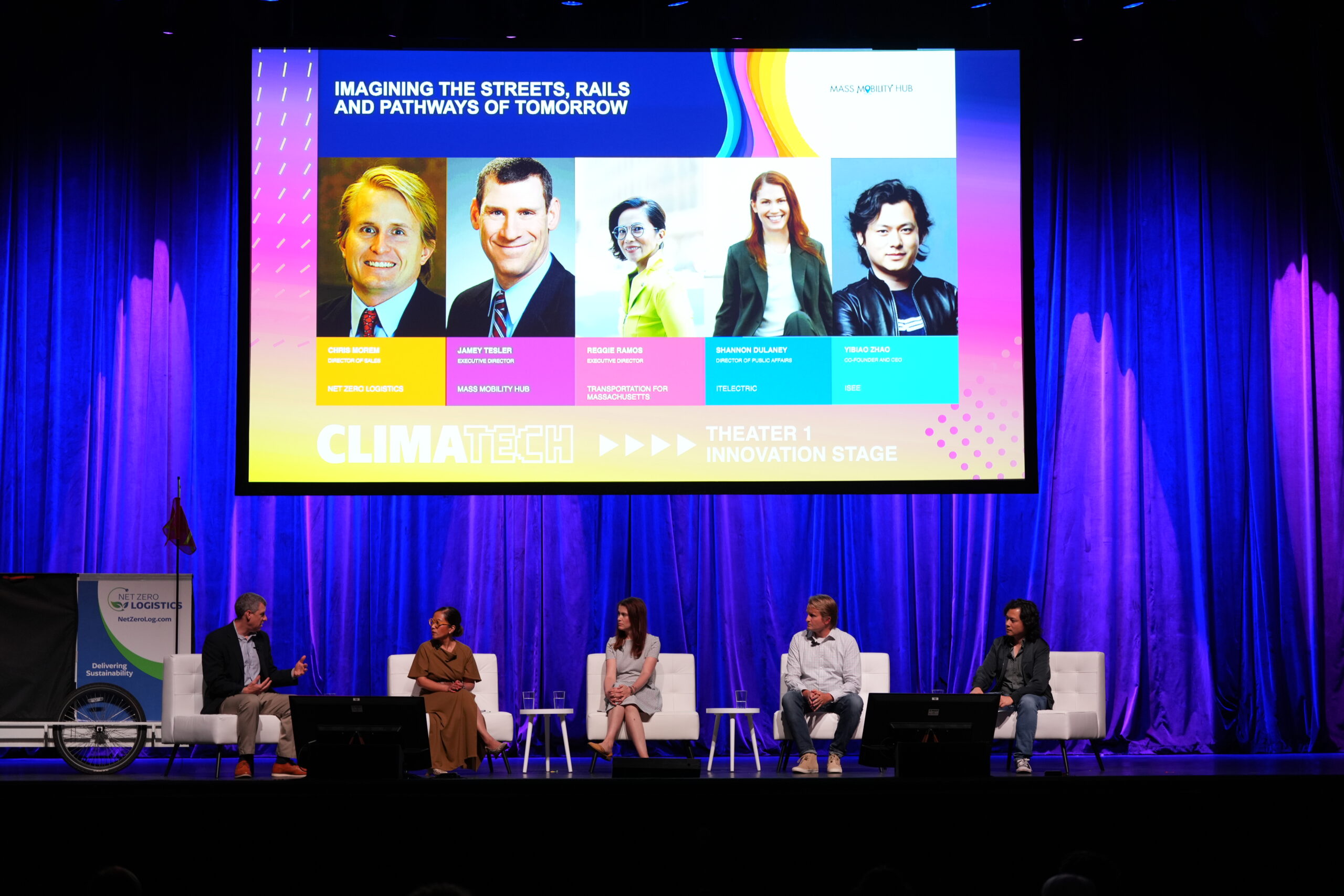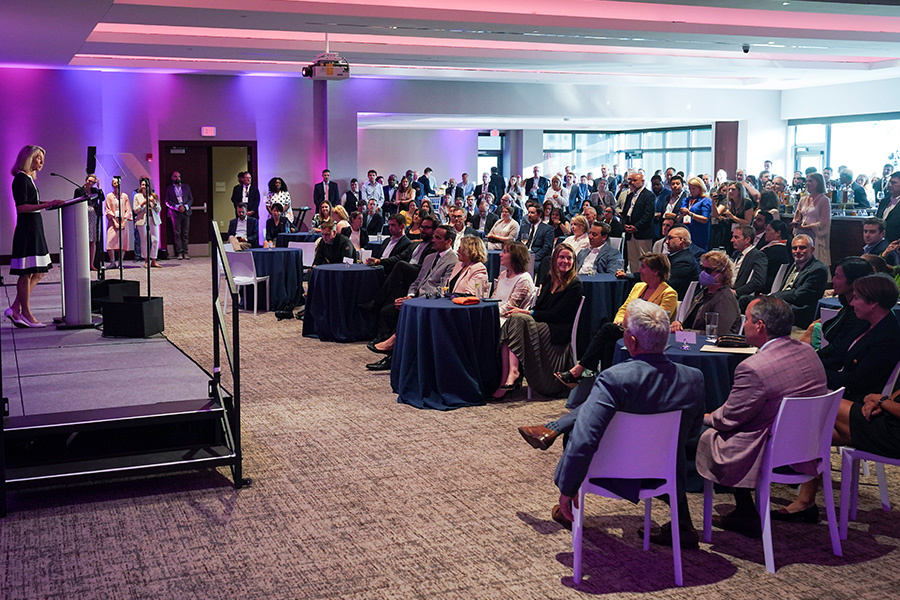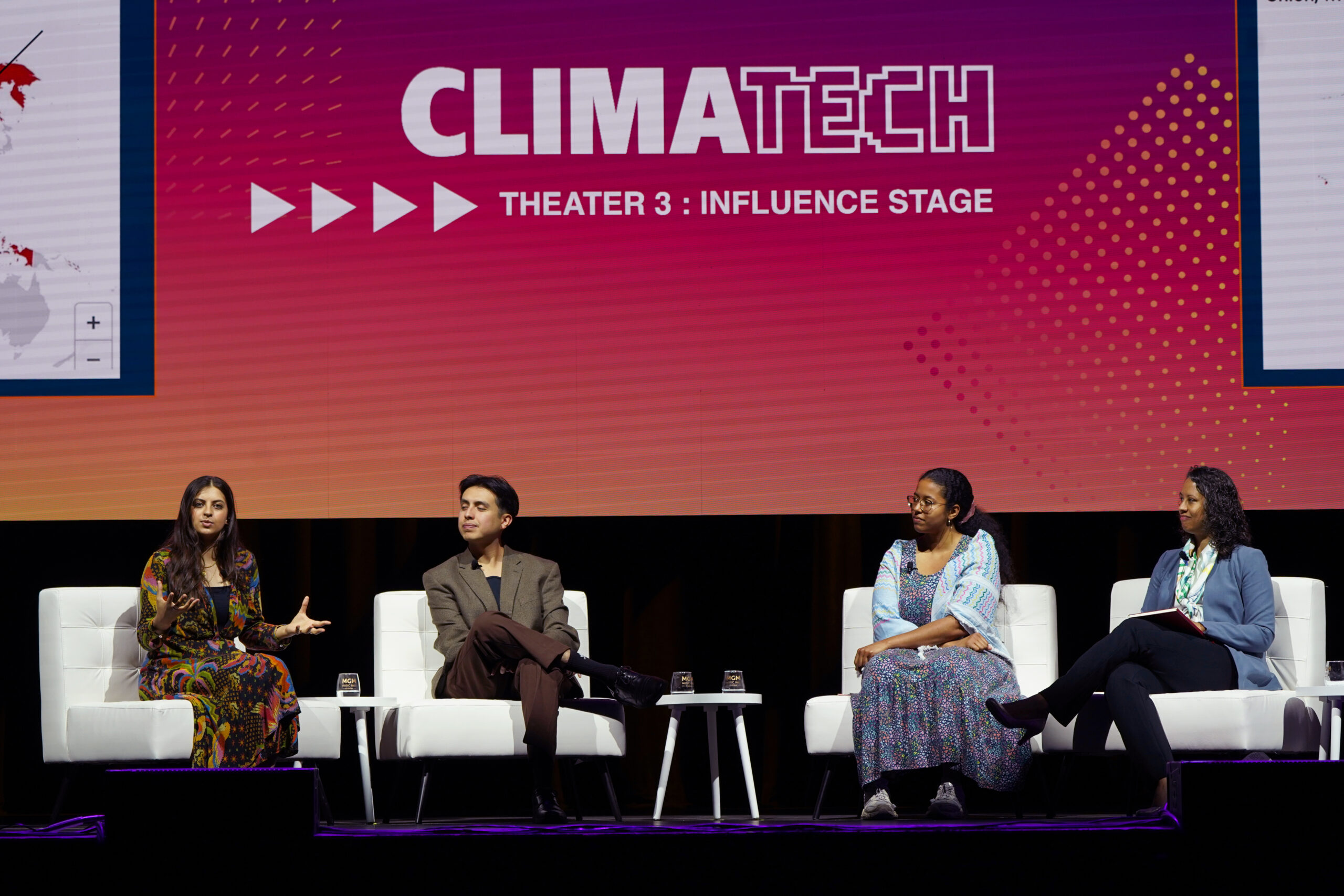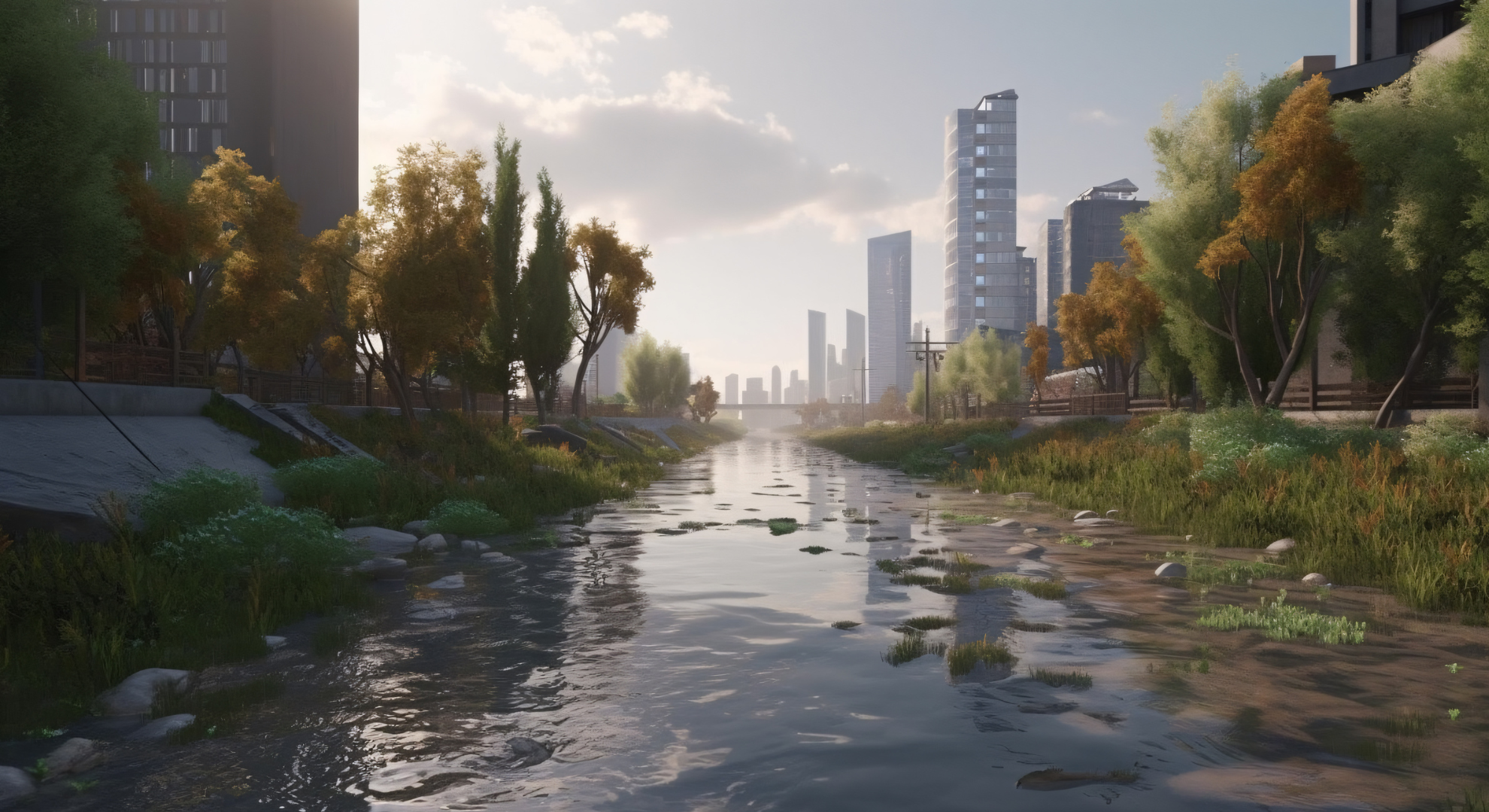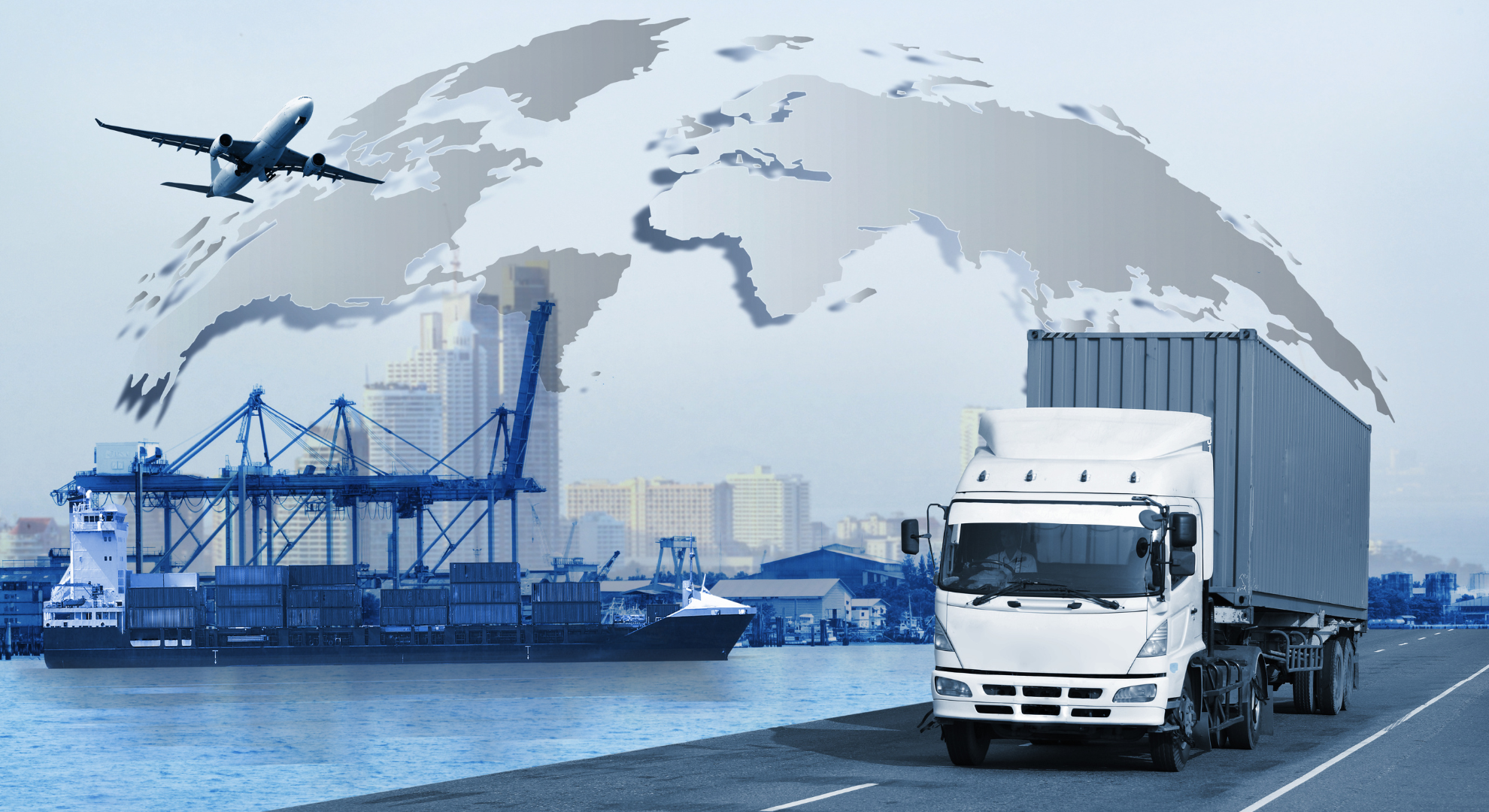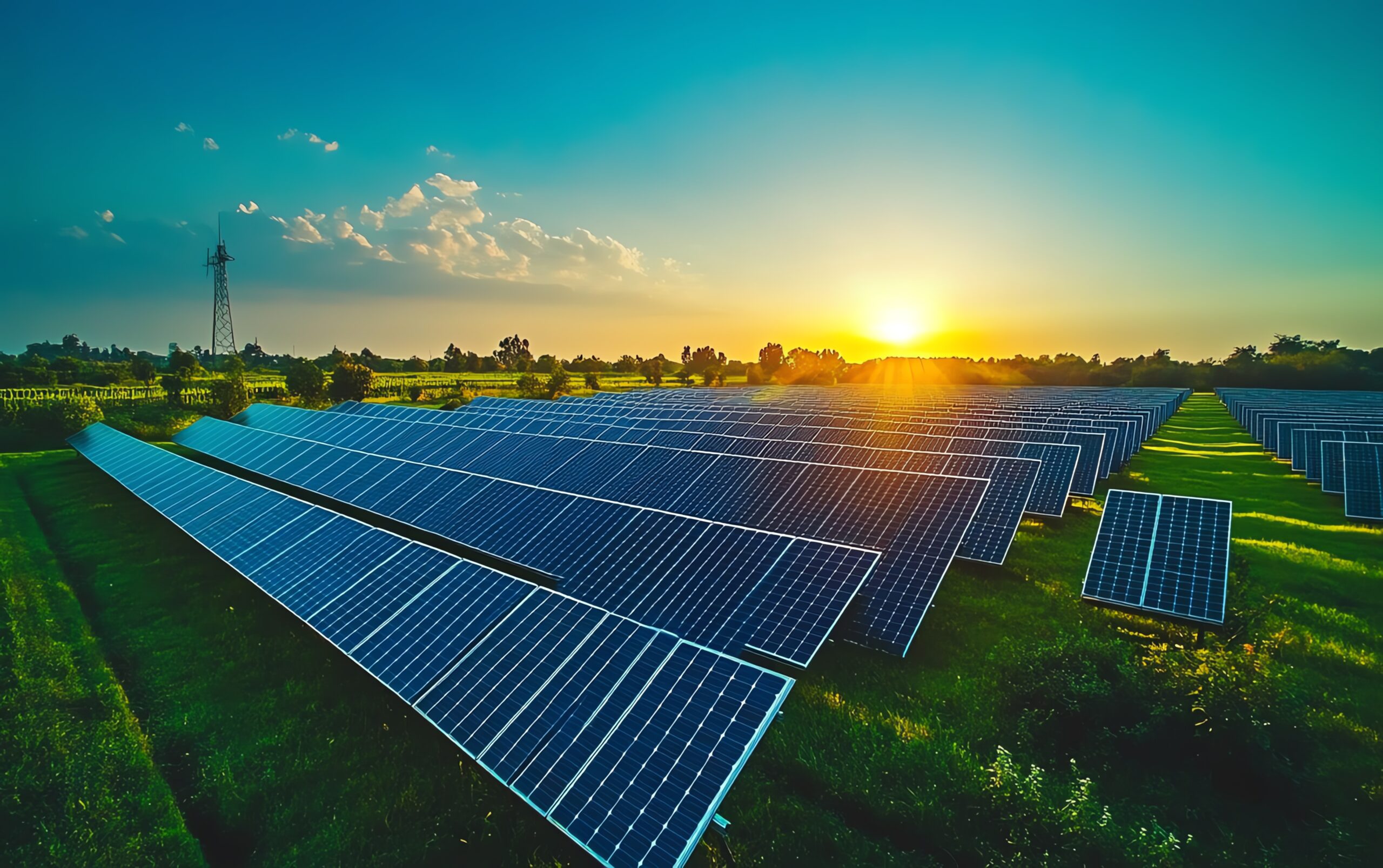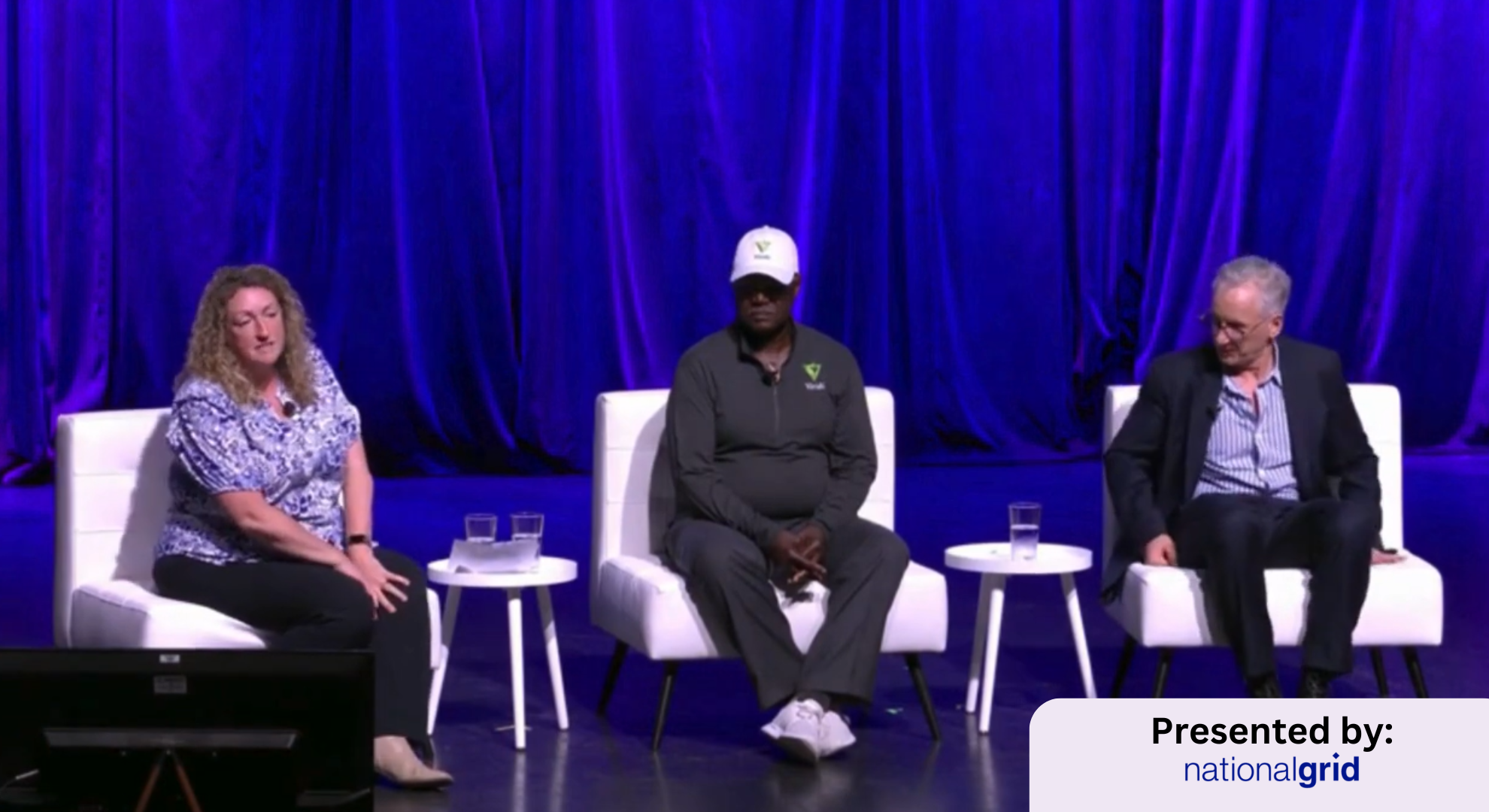Transportation is at the heart of both societal progress and environmental challenges. At the recent Climate Tech event, a panel of industry leaders, innovators, and advocates came together to discuss bold ideas and solutions for a greener, more equitable transportation future. Moderated by Jamey Tesler, Executive Director of the Massachusetts Mobility Hub, the conversation shed light on transformative pathways for public transit, electrification, logistics, and innovation.
Equity and Climate at the Forefront
Reggie Ramos, Executive Director of Transportation for Massachusetts, stressed the deep connections between transportation and societal issues such as housing, public health, and climate justice. “Transportation underpins all these issues,” she explained, highlighting its central role in creating a just and sustainable future.
Ramos emphasized the importance of public transit as the backbone of sustainable mobility. Without reliable, safe, affordable transit systems, achieving long-term climate goals is nearly impossible. She also highlighted the disproportionate impact of transportation emissions on low-income communities and communities of color, underscoring the urgent need for equitable solutions. “Transportation is the largest contributor to emissions, and those most affected by these impacts must be at the center of our planning,” Ramos noted.
Scaling EV Infrastructure
Shannon Dulaney, Director of Public Affairs at Itselectric, addressed the significant challenges and opportunities in deploying electric vehicle (EV) infrastructure at scale. Her company’s innovative curbside EV chargers, powered by nearby buildings, aim to reduce costs and accelerate installation.
Dulaney highlighted her team’s ambitious plans to deploy 225 public chargers in Boston over the next five years, focusing on equitable placement in underserved neighborhoods. “Every household should be within a 10-minute walk of a public EV charger,” she explained, emphasizing the need for accessibility and inclusivity in EV infrastructure development. With Massachusetts and federal funding supporting these initiatives, Dulaney praised the state’s leadership in driving the transition to electrification.
Transforming Urban Freight
Chris Morem, Director of Sales at NET Zero Logistics, offered insights into how e-cargo bikes reshape urban freight delivery. Capable of carrying loads of up to 500 pounds, these electric bikes provide a cleaner and quieter alternative to diesel delivery trucks.
“In 2022, we took 27,000 diesel trucks off the road,” Morem shared, illustrating the significant environmental impact of adopting sustainable delivery methods. By integrating e-cargo bikes into cities, NET 0 Logistics is reducing emissions and inspiring cultural shifts toward greener logistics practices.
Autonomy and Efficiency in Freight
Yibiao Zhao, Co-founder and CEO ISEE, discussed the transformative role of autonomous technologies in logistics. His company specializes in autonomous systems designed for distribution centers and ports, optimizing operations and reducing emissions.
“Our system can reduce fuel waste by 15% through optimization alone,” Zhao noted. He also highlighted the synergy between autonomy and electrification, explaining how autonomous vehicles can enhance efficiency through wireless and opportunity charging, minimizing downtime. For Zhao, electrifying and automating logistics hubs offer a high-impact opportunity to achieve environmental goals while setting the stage for broader adoption of these technologies.
Reinventing Public Transit
Public transit emerged as a central theme in the discussion. Ramos acknowledged the critical challenges facing Massachusetts’ transit systems but reiterated their importance in reducing vehicle miles traveled (VMT) and meeting climate goals.
“If our public transit system is not an option, we are missing the most crucial piece of a sustainable future,” Ramos said. Plans for fleet modernization, bus electrification, and expanded service hours are already in motion, but Ramos emphasized the need for stronger advocacy and investment to drive these initiatives forward. Reliable and accessible public transit, he argued, is a cornerstone of equitable decarbonization.
A Call for Innovation
In his closing remarks, moderator Jamey Tesler called on startups and innovators to address systemic transportation challenges. Opportunities abound in optimizing bus routes, improving train operations, and enhancing service delivery beyond the automotive sector.
“A multimodal system—with public transit as its backbone—requires innovation across all modes,” Tesler explained. He urged collaboration between startups, public leaders, and advocacy groups to build an efficient, connected, and equitable future.
The Path Forward
The panelists agreed that the path to a sustainable transportation future is multifaceted and requires bold investments, innovative solutions, and equitable policies. Electrification, public transit expansion, and cutting-edge technologies all have a role in reducing emissions and improving mobility.
“This is the opportunity time for Massachusetts,” Ramos stated, pointing to the intersection of ambitious climate goals and transportation funding as a unique moment for transformative change.
As Tesler concluded, the future of transportation is not just about moving people and goods but about moving society forward. With collective action and a shared vision, transportation can become a blueprint for a cleaner, more connected, and equitable world.
View full session from ClimaTech 2024 here:

